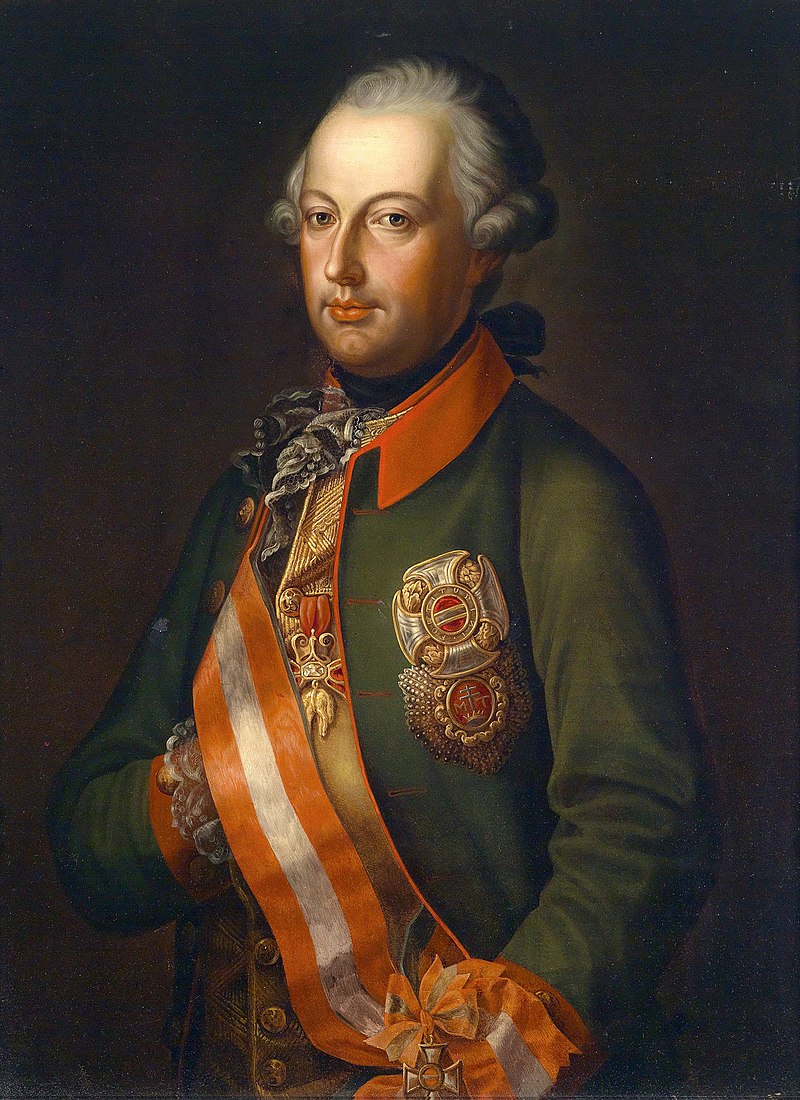Religious Tolerance as a Political Argument. Debates on the Legal Status of the Protestants of Hungary, 1790–1791
DOI:
https://doi.org/10.15170/SPMNNV.2023.12.07Keywords:
Decree of Toleration, religious policy, Diet, Estates, Joseph II, Kingdom of HungaryAbstract
The Decree of Toleration (1781) brought radical changes to the lives of the Calvinist, Lutheran and Orthodox denominations in the Kingdom of Hungary. The most important change was that the private religious practice was substantially extended. Another important element of the decree was that it exempted non-Catholics from the so-called decretal oath and from participating in Catholic rites. Equally significant is the regulation on marriage law, which, among other things, specified the denominational status of children in mixed marriages and after conversions. Following the death of Joseph II (1790), an unprecedented political ferment began in Hungary. As no assembly of the Estates had been convened since 1765, the Hungarian political elite, inspired not least by the French example, felt that the time had come to put into practice the long-matured reform ideas. Among these matters, the religious question was the most prominent. The majority of the Estates supported the equal rights of the Protestant denominations, and only the Catholic clergy and a few secular Catholics maintained the earlier intolerant position. With the legalization of the free exercise of religion by the two Protestant (and Orthodox) denominations initiated the process of dismantling the status of Catholicism as a state religion. A few decades later, this led to the establishment of religious equality, an essential cornerstone of the modern civil state.

Downloads
Published
Issue
Section
License

This work is licensed under a Creative Commons Attribution-NonCommercial-NoDerivatives 4.0 International License.

